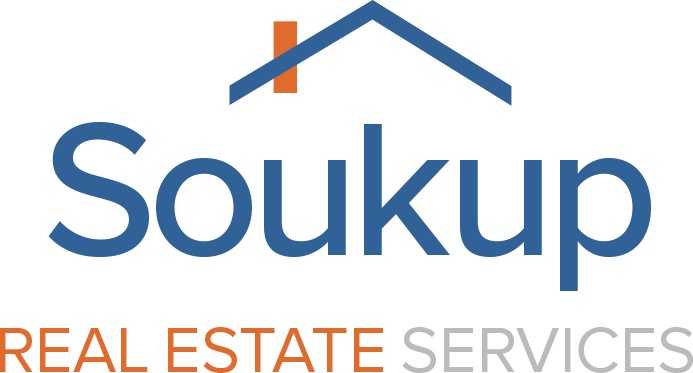In my last article, we looked at the Internal Rate of Return. As we saw, an investment’s inflows and outflows (including the purchase and subsequent sale) of cash, discounted to today’s dollars over different periods of time. It does not, however take into consideration the tax savings caused by depreciation expense.
Cash Flow. Appreciation. Depreciation. Principal paydown. The 4 pillars of real estate’s returns.
To understand the benefits and returns a property can truly give you, let’s look at the following example:
Purchase Price $350,000
Down payment (25%) + Closing Costs (2% of Loan Amount) – $92,750
Loan Amount: $262,500
Loan Details: 30 Year Fixed Mortgage at 4.5%
Gross Potential Rent: $2,250.00
Loss to Lease/Vacancy – 5%: ($112.50)
Monthly Principal and Interest Payment: $1,330.05
Monthly Operating Expenses: $675.00
Monthly Cash Flow: $132.45 or $1,589.40/year
Cash on Cash Return: 1.7%
Year 1 Appreciation: 5%Year 0 Value: $350,000 + 5% Appreciation = Year 1 Value $367,500
Year 1 Appreciation Return: 18.9%
**Remember, if you decide to sell a property, you will have closing costs. We estimate closing costs at 8% of the sales price**
Principal Balance at the end of the 1st Year: $258,265.26
Principal Paid Down over the 1st Year: $4,234.74
Principal Pay Down Return: 4.6%
Depreciation:
Value of the Land (not depreciable): $35,000
Value of the Building (depreciable): $315,000
Depreciable Years of a Rental Property: 27.5
Annual Depreciation Expense: $315,000 / 27.5 = $11,454/year
Estimated Tax Bracket: 22% – Tax Savings on Depreciation: 11,454 * .22 = $2,519.88
**Depreciation recapture on sale**
Depreciation Return: 2.7%
Total Year 1 Return on Investment:
Cash Flow Return: $1,589.40
Year 1 Appreciation: $17,500
Principal Pay Down: $4,234.74 Tax Savings (Depreciation Expense): $2,519.88
Total (Realized + Unrealized) Return on Investment: $25,844.02 or $25,844.02 / $92,750 = 27.9% ROI
WHAT?! 27.9% ROI?! Okay, this number isn’t fair. This return does not truly show the costs that would be associated with selling a property and thus realizing your return. The cost to sell a home (commissions, closing costs, title fees and other fees) is about 8% of the sales price. This does not show the repercussions of depreciation recapture, which is why IRR, does not calculate the annual savings of depreciation expense in its calculation.
It is important to realize that real estate investing is cyclical. You could get involved with investing when the market is seeing 10% annual appreciation, 2% appreciation, or possibly depreciation. Over time, due to our growing population and stagnant supply of land, real estate will tend to appreciate. Look at your local market’s average appreciation (if any) and calculate what you believe is fair.
In Fort Collins, the average appreciation from 2007 to September 2019 is 5.17%. We had a couple down[P1] years from 2007 to 2009, but then we had some amazing years from 2013-2018. I feel comfortable in my calculations using 5% as an annual appreciation number. Your market may be closer to 3 or 4%.
The return that is calculated for the depreciation expense is based off of your tax bracket. This Your return should be adjusted based on your tax bracket.
This was just a fun exercise to look at hard numbers, including depreciation expense. Real estate has many benefits and it is worth understanding them.
Could these return numbers, reaching the 20-30 percentiles be real? Sure, if you find an amazing deal. Or what if technology takes over and you save the 8% closing costs when selling by using an iBuyer and Blockchain? Maybe! Currently these platforms are not very cost efficient or used by the general public regularly. But one day, possibly.
**Investor Tip** – An important thing to remember when investing in real estate. Your cash flow is a realized hard asset in your bank account, meaning this will be taxed. The appreciation is hypothetical and can only be realized when the property is sold or refinanced, you will not be taxed on the appreciation of the property unless sold. However, your principal paydown, IS TAXABLE. This is cash that you do not see because your renters are paying down your mortgage. The IRS sees this as taxable income. You should implement a savings plan to help keep you on track so you can pay the taxes on your principal paydown[P2] . The depreciation expense is a great tool to save today’s dollars without having to actually pay them out of pocket, but will be “recaptured” upon sale at your current tax rate.

